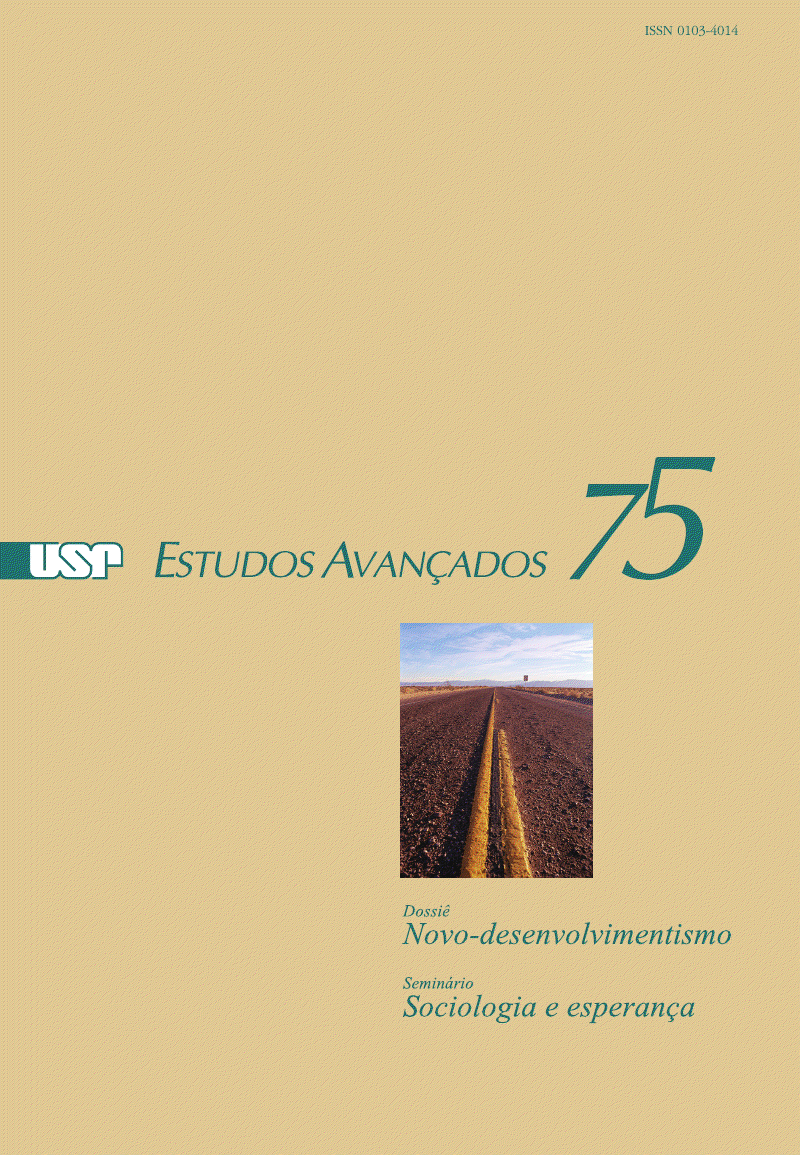Economia e humanismo
Keywords:
Human economics, Development, Joseph-Louis LebretAbstract
This article aims to rebuild the history of Economy and Humanism movement, whose founder and theorist was the French Dominican friar Joseph-Louis Lebret. Working initially with sailors and fishermen in his hometown, the Breton port of Saint-Malo, he became aware of capitalist exploitation as represented by the large fishing boats that competed with the communal, small-scale fishing of the region. By studying the work of Marx, Lebret incorporated into Christian social doctrine the notion of surplus value: hence his criticism of liberal economics. "Human economy" begins with needs of the worker, not the profit calculations of the businessman. The survey teams of the Economy and Humanism movement studied living conditions in the poor neighborhoods of French cities after World War II. Coming to Brazil, Lebret guided similar surveys in São Paulo, Rio de Janeiro, Belo Horizonte, and Recife, preparing researchers to work with local governments. He visited 60 countries in the Third World. By indication of Dom Helder Câmara, Paul VI appointed him to the role of expert in social development issues at the Second Vatican council. Shortly before his death in 1966, he helped to pen the encyclical Populorum Progressio.Downloads
Download data is not yet available.
Downloads
Published
2012-08-01
Issue
Section
Sociology and Hope
License
Estudos Avançados não celebra contrato de cessão de direitos autorais com seus colaboradores, razão pela qual não detém os direitos autorais dos artigos publicados. Os interessados em reproduzir artigos publicados na revista devem necessariamente obter o consentimento do autor e atribuir devidamente os créditos ao periódico.
How to Cite
Bosi, A. (2012). Economia e humanismo . Estudos Avançados, 26(75), 249-266. https://journals.usp.br/eav/article/view/39496


